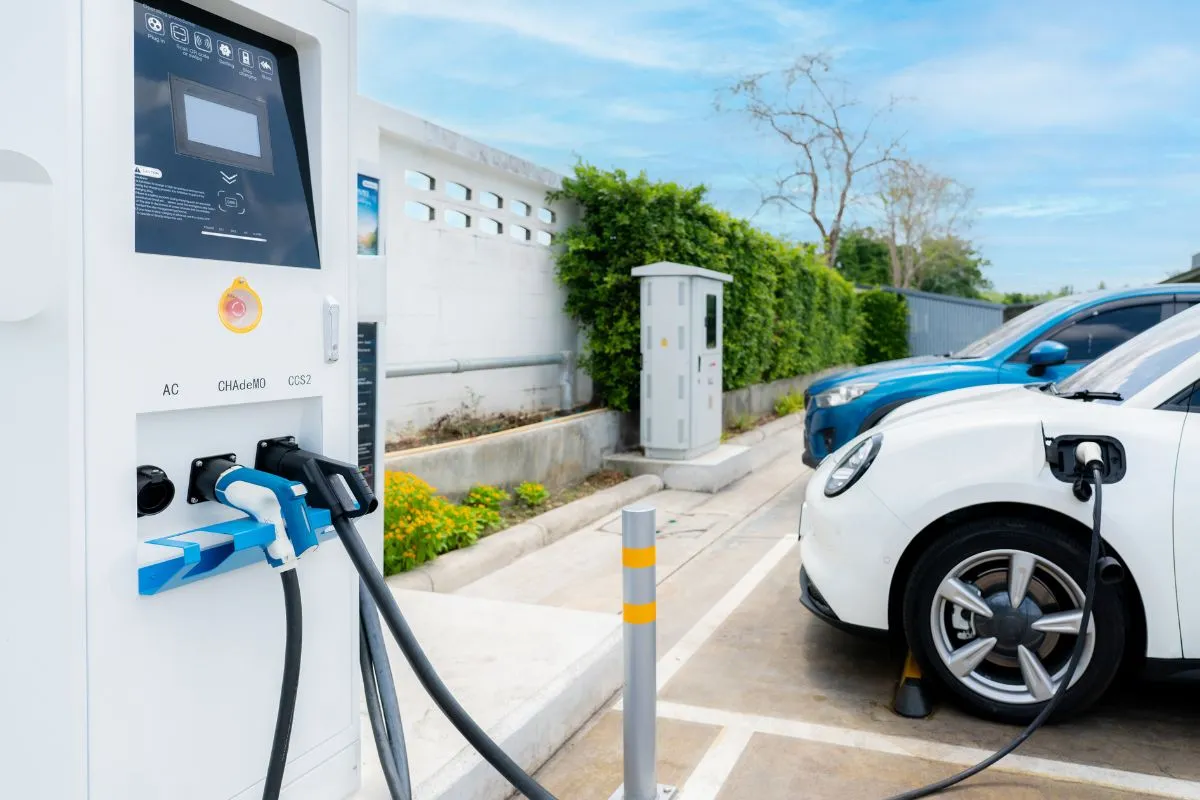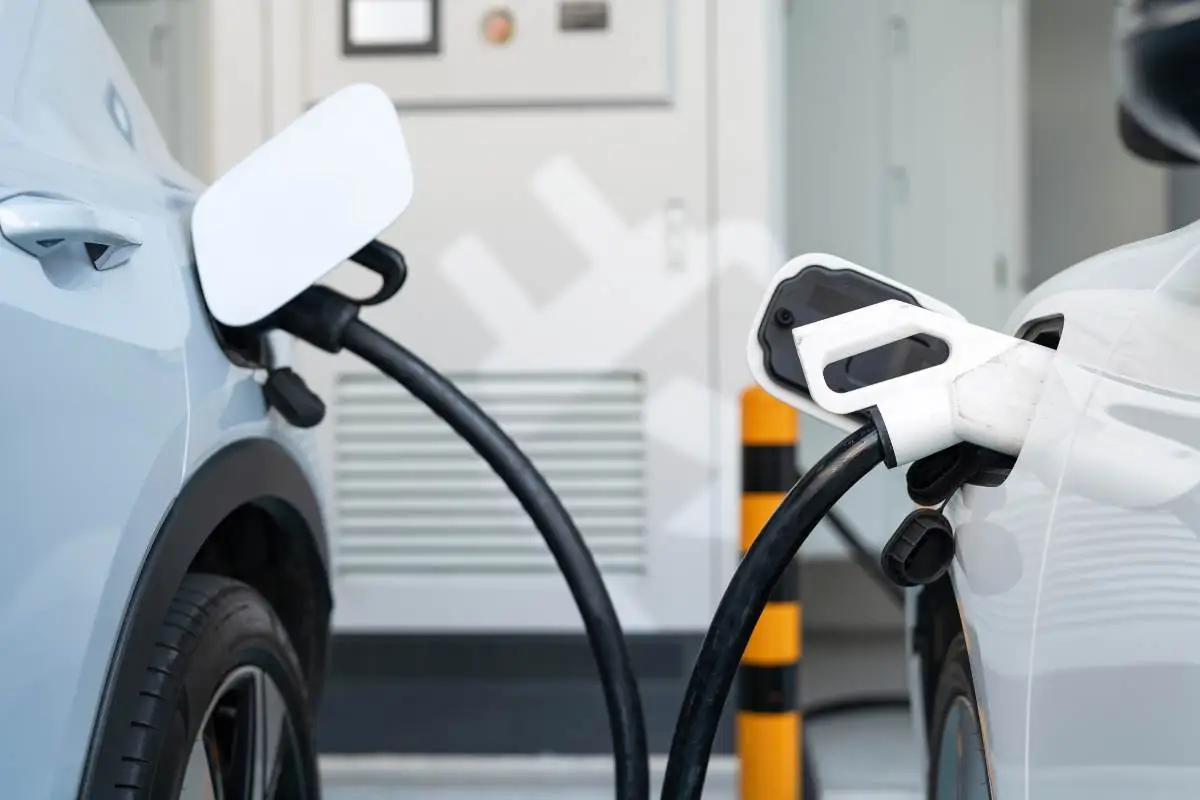Planning an Electric Vehicle Road Trip: A Comprehensive Guide
Traveling by electric vehicle (EV) can be an exciting and eco-friendly way to explore new destinations. However, planning a successful road trip requires careful consideration and preparation. In this guide, we will cover everything you need to know to make your EV road trip enjoyable, efficient, and hassle-free.
Understanding Electric Vehicles
Before hitting the road, it’s essential to understand the unique aspects of electric vehicles. EVs operate differently from traditional gasoline-powered cars, especially regarding range, charging, and energy consumption.
1. What is an Electric Vehicle?
An electric vehicle is a car that runs on electricity instead of gasoline or diesel. They are powered by one or more electric motors and use rechargeable batteries to store energy. This technology provides several advantages:
- Lower emissions: EVs produce no tailpipe emissions, making them a cleaner alternative.
- Fuel savings: Electricity is generally cheaper than gasoline, leading to lower operating costs.
- Reduced maintenance: EVs have fewer moving parts than traditional vehicles, which can translate to lower maintenance costs.
2. Types of Electric Vehicles
Understanding the different types of electric vehicles can help you make informed decisions:
- Battery Electric Vehicles (BEVs): Powered solely by electric batteries, these vehicles produce no emissions.
- Plug-in Hybrid Electric Vehicles (PHEVs): These vehicles combine a gasoline engine with an electric motor, allowing for a limited electric-only range.
- Hybrid Electric Vehicles (HEVs): HEVs use both a gasoline engine and an electric motor but cannot be charged from an external source.
Preparing for Your Trip
Planning is crucial when embarking on an electric vehicle road trip. Here are the essential steps to prepare:
1. Determine Your Route
Using apps like Google Maps or specialized EV route planners can help you find the best route for your trip, including charging stations along the way. Consider these factors:
- Distance: Know the total distance of your trip and the range of your EV.
- Charging infrastructure: Identify charging stations along your route to avoid running out of battery.
2. Calculate Charging Times
Charging times can vary depending on the type of charger:
- Level 1 Chargers: Standard home outlets (120V) provide the slowest charging, taking up to 24 hours to fully charge an EV.
- Level 2 Chargers: These (240V) chargers are more common and can charge an EV in 4 to 8 hours.
- DC Fast Chargers: The quickest option, these chargers can provide an 80% charge in about 30 minutes.
3. Plan Your Charging Stops
Once you have determined your route and estimated charging times, plan your stops accordingly. Here are some tips:
- Use charging station locator apps: Apps like PlugShare and ChargePoint can help you find nearby charging stations.
- Consider the amenities: Look for charging stations near restaurants, parks, or attractions to make the most of your waiting time.
- Factor in charging time: Include charging times in your overall travel schedule to avoid surprises.
4. Prepare for Different Scenarios
Having a backup plan is essential when traveling with an EV:
- Alternative charging locations: Identify secondary charging stations in case your primary choice is unavailable.
- Emergency supplies: Keep a portable charger, a first-aid kit, and other essential items in your vehicle.
Tips for a Successful EV Road Trip
Here are some additional tips to ensure a smooth and enjoyable electric vehicle road trip:
1. Maintain Your EV
Regular maintenance is crucial for ensuring optimal performance:
- Check battery health: Monitor your battery’s condition and capacity to avoid unexpected issues.
- Tire pressure: Ensure your tires are properly inflated to maximize efficiency.
2. Monitor Your Energy Consumption
Be aware of your energy usage while driving:
- Driving habits: Accelerate smoothly, maintain a steady speed, and use regenerative braking to extend your range.
- Climate control: Use air conditioning or heating sparingly, as these can significantly impact battery life.
3. Embrace the Adventure
Electric vehicle road trips offer unique experiences:
- Explore scenic routes: Take advantage of your EV’s range to discover new places and enjoy breathtaking landscapes.
- Document your journey: Share your experiences on social media or a travel blog to inspire others to take similar trips.
Conclusion
Planning an electric vehicle road trip requires thoughtful preparation and understanding of the unique aspects of EV travel. By knowing your route, charging options, and tips for a successful journey, you can enjoy a memorable adventure while minimizing your environmental impact. So grab your keys, plan your route, and get ready to hit the open road in your electric vehicle!





